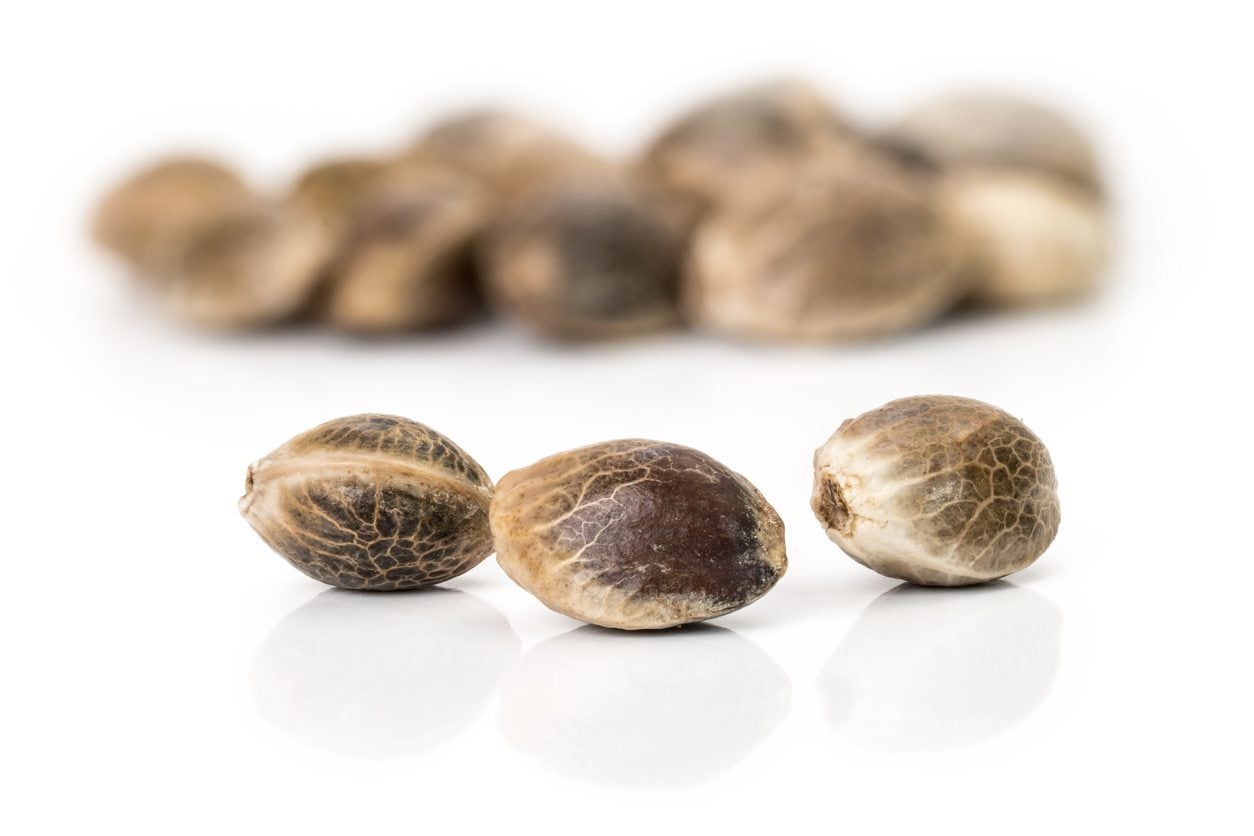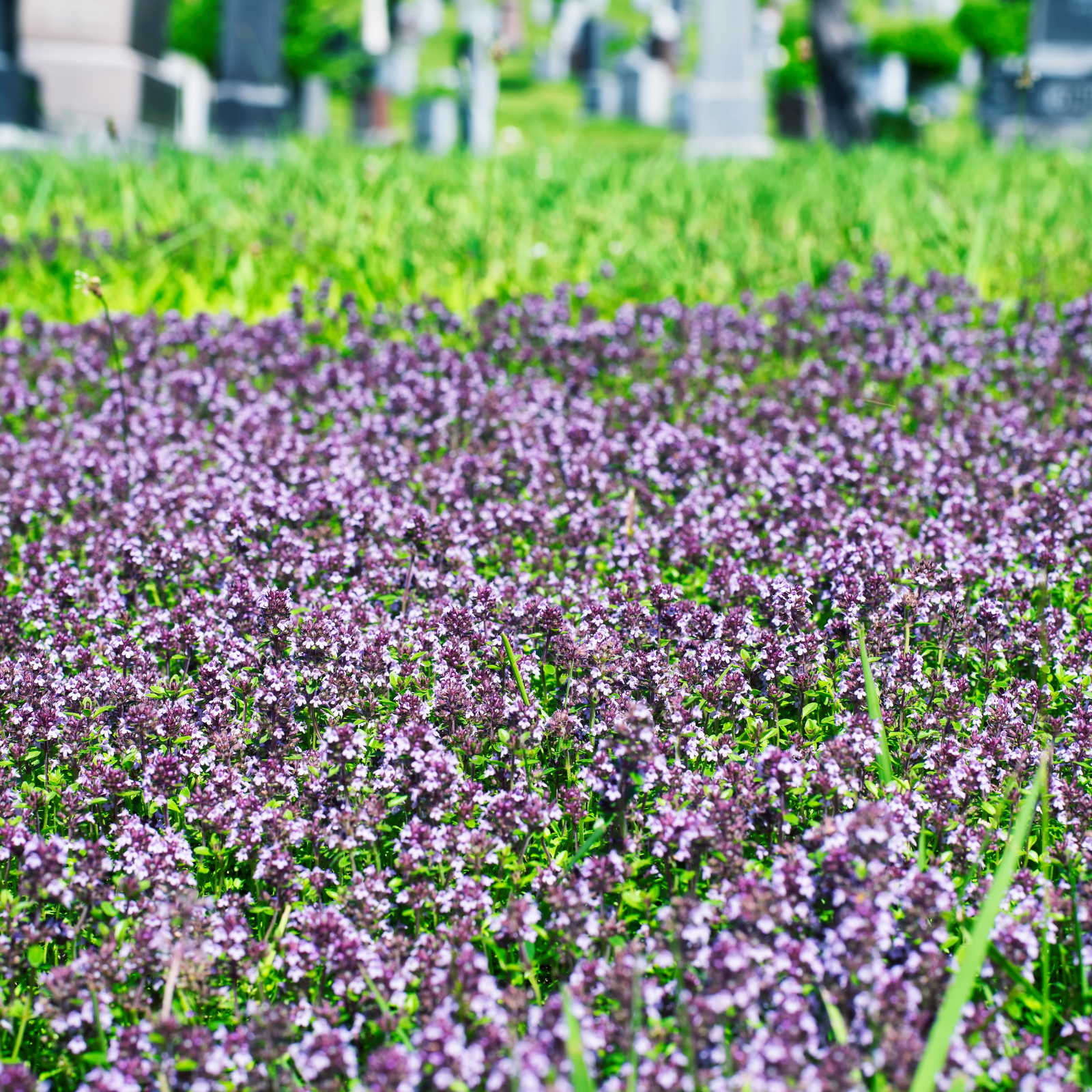Hemp Uses And Care: Learn How To Grow Hemp Seed


Hemp was once an important economic crop in the United States and elsewhere. The versatile plant had a host of uses but its relation to the vilified Cannabis plant caused many governments to ban the planting and sale of hemp. The primary method of propagation of the plant is hemp seed, which is also useful nutritionally and cosmetically. Growing hemp from seed requires a carefully prepared seed bed, plenty of nutrients, and plenty of space for these large and fast growing plants.
What is Hemp Seed?
Hemp is the non-psychoactive variety of Cannabis. It has great potential as a grain and fiber material. There are approved varieties for planting depending upon where you live, so it is best to consult with your municipality to determine which, if any, varieties are permitted. There are also species which are noted for best grain or fiber production, so selection will depend upon the purpose for the crop. Some tips on how to grow hemp seed will then send you on your way to a vibrant, rapid, and prolific crop. Hemp seeds contains about 25 percent protein and over 30 percent fat, especially essential fatty acids which have been shown to promote optimal health. This makes them invaluable as animal fodder and in human consumption. Some studies even tout the seeds as reducing heart disease, minimizing PMS and menopausal symptoms, aiding digestion, and relieving the symptoms of common skin disorders.
Hemp Uses
Hemp seeds are also pressed to garner beneficial oils. Seeds are harvested when at least half the visible seed is brown. Seeds attain a cracked appearance as the outer layer dries. Hemp seed is heavily regulated and attaining viable seed within the confines of federal guidelines can be difficult in some areas. Hemp fiber is a tough, durable product that can be made into textiles, paper, and construction materials. The oil from seed shows up in cosmetics, supplements, and more. Seeds are used in food, as animal fodder, and even beverages. The plant is considered to be useful in over 25,000 products in areas such as furniture, food, automotive, textiles, personal products, beverages, construction, and supplements. More and more states and provinces are permitting growing hemp. It has been surmised that the plant could have global economic impact where governments allow the plant to be cropped.
How to Grow Hemp Seed
Be aware that many locations specifically forbid any hemp growing. In areas where it is permitted, you will likely need a license and adhere to a rigid set of rules unique to each locality. If you are lucky enough to be able to obtain licensing and certified seed, you will need to provide the crop with deeply tilled soil with a pH of 6 or higher. Soils must be well draining but should also have enough organic matter to retain moisture as hemp is a high water crop. It requires 10 to 13 inches (25-33 cm.) of rainfall during the growth period. Direct sow seed after all danger of frost has passed in soil temperatures a minimum of 42 degrees F. (6 C.). In optimum conditions, the seed can germinate in 24 to 48 hours, emerging in five to seven days. Within three to four weeks, the plant may be 12 inches (30 cm.) tall. Due to the rapid growth and extreme vigor of hemp, few pests or diseases are of major concern. Disclaimer: The contents of this article are for educational and gardening purposes only. Before planting hemp in your garden, it is always important to check if a plant is allowed in your particular area. Your local municipality or extension office can help with this.
Gardening tips, videos, info and more delivered right to your inbox!
Sign up for the Gardening Know How newsletter today and receive a free copy of our e-book "How to Grow Delicious Tomatoes".

Bonnie Grant is a professional landscaper with a Certification in Urban Gardening. She has been gardening and writing for 15 years. A former professional chef, she has a passion for edible landscaping.
-
 Get Ready For A Summer Of Hummers! Grow These Full Sun Hummingbird Plants and Flowers
Get Ready For A Summer Of Hummers! Grow These Full Sun Hummingbird Plants and FlowersIf you’re lucky enough to enjoy a sunny backyard, make sure you are maxing out on your pollinator opportunities and grow these full sun hummingbird plants and flowers
By Tonya Barnett
-
 12 Lush Alternatives To A Lawn For Sustainable Spaces
12 Lush Alternatives To A Lawn For Sustainable SpacesAlternatives to a lawn are beautiful and also beneficial to your local ecosystem and its pollinators. Explore our top picks for plants to replace grass.
By Tonya Barnett